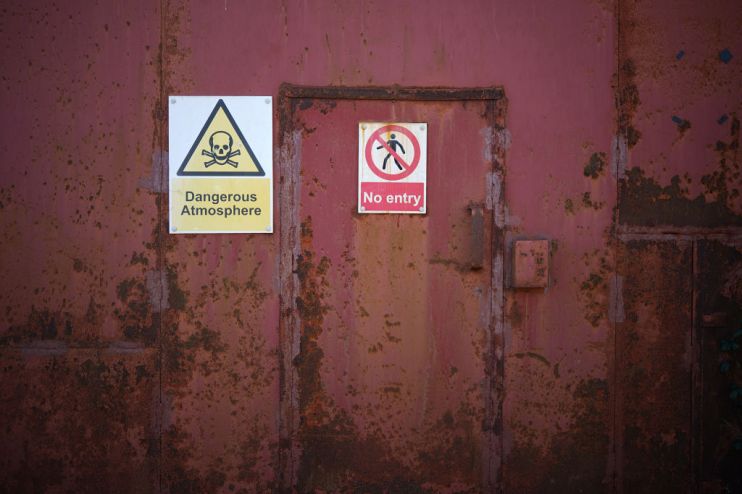Cumbria coal mine fight goes to the heart of Boris Johnson’s levelling up woes

Boris Johnson is not in favour of coal, or so he insisted on Monday when asked about the plans to build a new mine in Cumbria. The PM shifted the blame: ultimately it will be on the local planning authorities to decide, he said. Except that it won’t be. The decision has been taken out of the local authorities’ hands, and is now the subject of a public inquiry. It will eventually, probably at some point in the spring, fall to the Communities Secretary Michael Gove to approve or reject the recommendation made by the public inspector leading the probe.
Whether it was intentional or not, it is mischievous to point responsibility where there isn’t. Local planning authorities couldn’t come to a conclusive decision on such a hot topic, and that’s why the matter has made its way up the ladders of government. Shaking off responsibility for a critical juncture of the green agenda with the “levelling up” promise shows once again a lack of direction from the prime minister’s part.
Johnson might not be in favour of more coal, but many people in Cumbria are.
The area for the prospective coal mine is one of the poorest in the country and it has become emblematic of the fight for more opportunities in forgotten parts of the country. The site – an industrial wasteland -is not far from the wealthy tourist spot of the Lake Districts, where cars may soon be banned to protect the environment.
Mayor of Copeland, Mike Starkie is “absolutely in support” of the coal mine plans. He says it would create 500 direct jobs, and many more in the supply chain, bringing much needed private investment into the area. He’s positive the public inquiry will come to the same conclusion, because none of the evidence presented to previous local consultations has changed. And he highlights how we’re talking about coal to produce steel, not to generate energy. Two very different things with very different environmental impacts.
Yet, the mine would produce 8.4 million tonnes of CO2 every year, according to Green Alliance. This is one of, but not the only, reason why Jill Perry of the North West Green Party is against the plans. She says that most jobs wouldn’t go to the locals in any case because residents don’t have the necessary skills. Most positions would be outsourced to modern mining engineers. Largely the steel industry is moving away from using coking coal because of green concerns, and is heavily investing in green hydrogen, she says. So jobs are unsustainable on two counts.
But many locals don’t have the privilege of thinking in the long term: they need jobs, and they need them now.
So once again, the old environment vs jobs debate is taking over the regional public space. “This always plays out in poor areas. Some people regard it as levelling up, others as exploitation.” Not far from where the coal mine would be stands Sellafield, a former nuclear power generating site, now used for reprocessing and nuclear waste storage. The plant provided local people with thousands of jobs in the past.
The area is used to these tensions. But for locals a job is a job and one in green energy would outlast one reliant on an industry on its way out.
Green investment in Cumbria would mean better housing with proper insulation. Bringing wind farms and solar power plants to the region would be levelling up in its truest sense of the word.
Unfortunately, we haven’t seen much of it yet. The UK is meant to be showing front-row leadership on climate change. How will it do that while building the first deep coal mine in 30 years is a mystery.